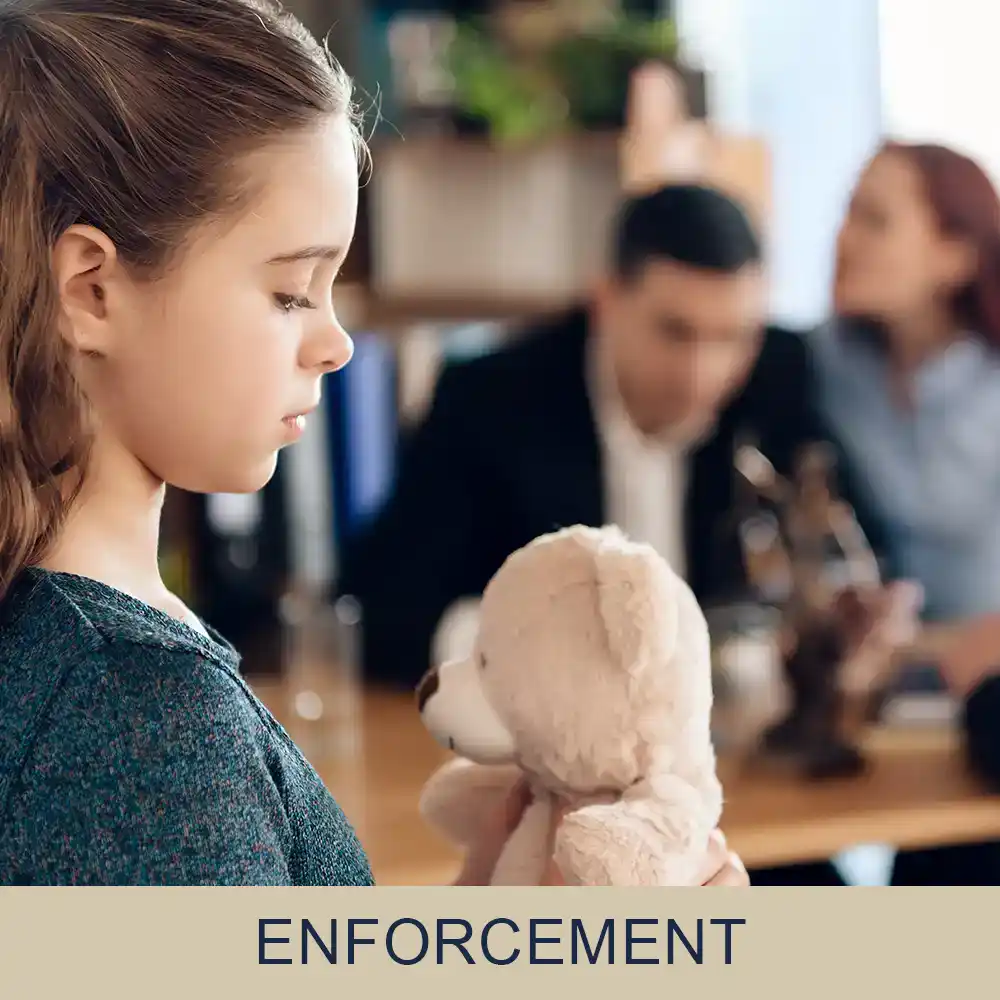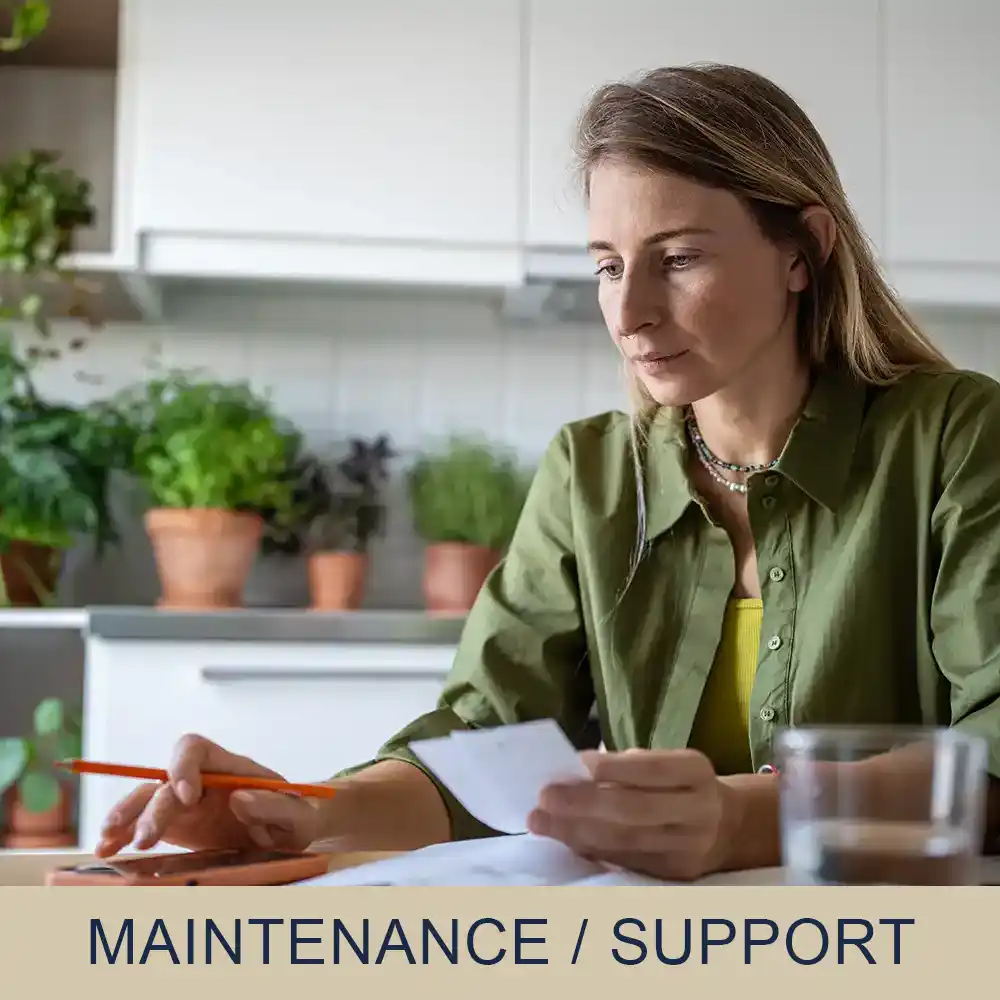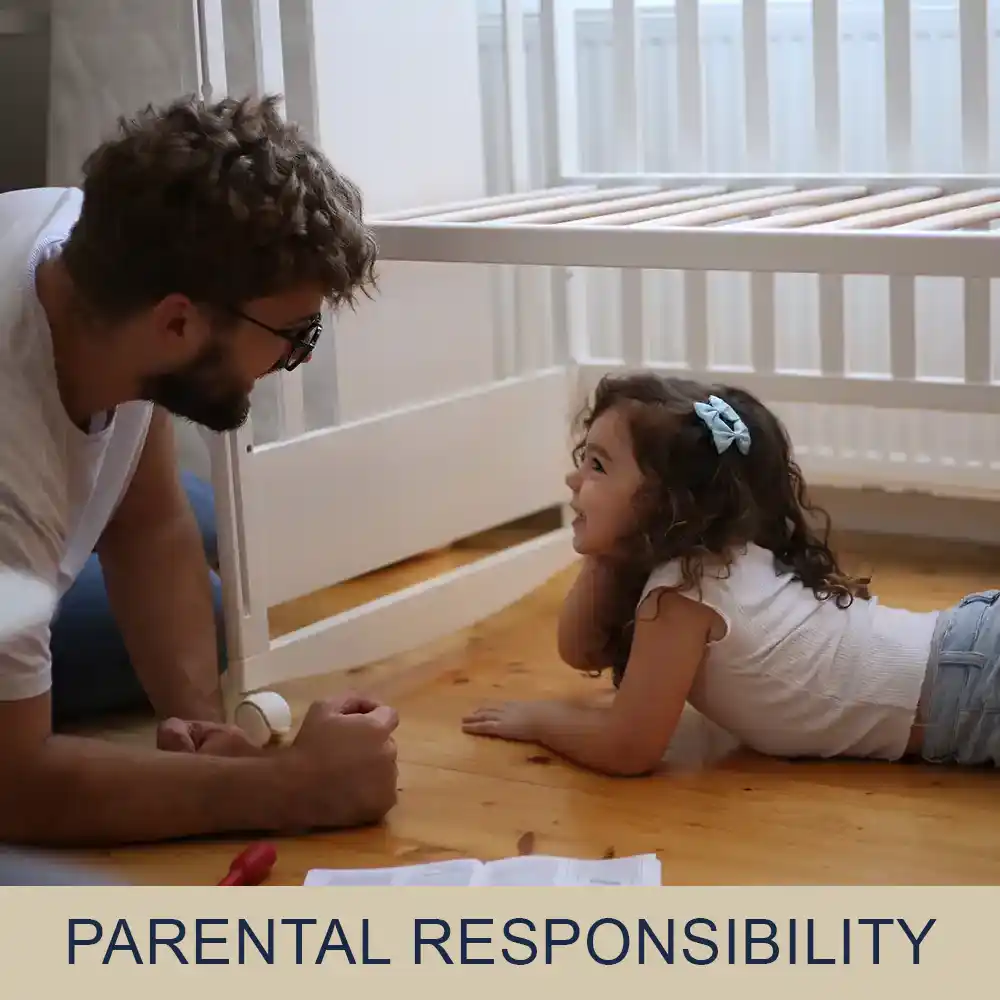Maintenance & Support
At Moloney Family Law, we know that financial security is one of the biggest concerns during and after divorce. Maintenance (sometimes called spousal or child support) ensures that both you and your children have the resources you need to move forward with stability. Our experienced legal team, led by Tracey Moloney, works closely with you to secure fair and practical financial arrangements tailored to your circumstances.
Key Considerations in Maintenance & Support
- Child maintenance (regular payments to support children’s needs)
- Spousal maintenance (support for a former spouse after divorce)
- Temporary maintenance during proceedings
- Reviewing and varying existing arrangements
- Negotiating agreements to avoid lengthy disputes
- Enforcing unpaid maintenance orders

Detailed Guidance
At Moloney Family Law, we help you assess your financial needs, negotiate fair agreements, and if necessary, seek court orders to protect your rights. Where possible, we encourage resolution through negotiation or mediation to minimise stress and costs.
Financial support can take several forms, depending on the needs of both parties:
- Child Maintenance: Usually paid by the parent who does not live with the child full-time. The amount is often calculated by the Child Maintenance Service (CMS) based on income, but courts can make additional orders in complex cases.
- Spousal Maintenance: Payments made from one spouse to the other, where one party has significantly lower income or earning potential. Courts consider factors such as the length of marriage, standard of living, and future earning capacity.
- Interim (short-term) Maintenance: Sometimes necessary while divorce proceedings are ongoing to ensure immediate financial stability.
We tailor our advice to your unique circumstances, balancing compassion with robust representation to protect your interests.
FAQs – Your Most Frequently Asked Questions about Maintenance & Support
How is child maintenance calculated?
The Child Maintenance Service (CMS) uses a set formula based on the paying parent’s gross income and the number of children.
How long does spousal maintenance last?
It varies. Sometimes it’s for a fixed term, other times until the recipient is financially independent. In longer marriages, it may be indefinite.
Can maintenance arrangements be changed later?
Yes. If circumstances change (e.g., loss of a job, new partner, increased income), maintenance orders can be reviewed and varied.
What happens if my ex-partner doesn’t pay?
We can take enforcement action through the courts to ensure payments are made.
Is maintenance automatic after divorce?
No. Each case is assessed individually based on financial need and ability to pay.
Case Studies
1. Spousal Maintenance Dispute
Following the breakdown of a long marriage, one spouse was left without sufficient income to cover essential living costs. We carefully reviewed the financial position of both parties and negotiated an agreement where regular monthly maintenance was paid. This ensured our client could meet day-to-day expenses while giving the other party a sustainable level of responsibility.
2. Child Maintenance Variation
A parent who had been ordered to pay child maintenance experienced redundancy and could not continue with the same level of payments. We applied to vary the order, providing evidence of the change in circumstances. The court reduced the payments to a fairer level, while still protecting the children’s financial needs.
3. Enforcement of Arrears
In another case, a parent stopped paying child maintenance altogether, leaving the other struggling to provide for the children. We pursued enforcement through the court, resulting in an attachment of earnings order. Payments were deducted directly from wages, giving certainty and regularity for the children’s upkeep.

Client Comment
“5-star Review! From my initial telephone consultation with Tracey to the conclusion of my Consent Order being approved, I was kept informed and supported. Tracey explained everything so clearly and I felt completely reassured throughout the process.”









